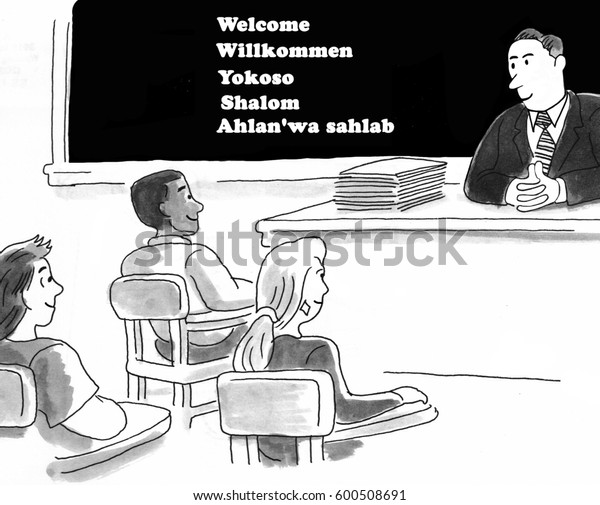
Does language hold power?
Language. It’s the preferred method of communication in our culture – the fuel we use to empower our desires, and to direct and align our energy. Language has immense power, and its impact depends entirely on how we wield it.
Being able to communicate is not the same as speaking a language. Speaking a language means that you are able to communicate in such a way that others understand you. Language becomes more powerful when it is understood by a wider community than just those closest to you. Power grows when you can communicate for more reasons to more people. The more powerful your language, the more independent you become, and the more you can contribute to the community.
Language is not only a key component of communication, it is also a key aspect of identity. The words you choose to use become a part of who you are. Through language you become part of the community that speaks that language, hence the power of bilingualism. Bilingualism allows you to be part of more than one language community. The more you master a language the more powerful your connection with the community.
Language is very powerful and it is dependent on how we use it. Though words are often used without much thought and can be taken lightly, they have the power to be meaningful if we use them for clear intent. Language helps one express their emotions, perspectives, thoughts and opinions.
Is changing names ‘erasing history?
In my opinion there are two perspectives to this question.
Many believe that naming buildings and streets after those associated with the legacy of slavery, for example, should be changed and this can be controversial because others argue that by doing this, we may be erasing or undermining the impact of certain historical figures.
However, according to me, the removal and/or replacement of statues and memorials in prominent public places along with changes in city, street, or school names and even the excision or commentary of films that contain racist themes, do not “erase history.” History – at least as it exists in democratic countries is alive and well. It is found in archives and libraries, in scholarly books and articles, and in the everyday work of tens of thousands of scholars who, while adhering to rigorous principles in handling their sources.
Should we adapt the way we talk to make people feel included?
In my opinion we should definitely adapt the way we talk in order to make people feel included. We can adapt the way we talk in many different ways. One of the many ways is through the use of a different language. We can also adapt the way we talk through the use of certain words/phrases that may be associated with a particular culture, which can make certain people feel inclusive. I feel like inclusion in the social life in a society is the foundation of a community.
